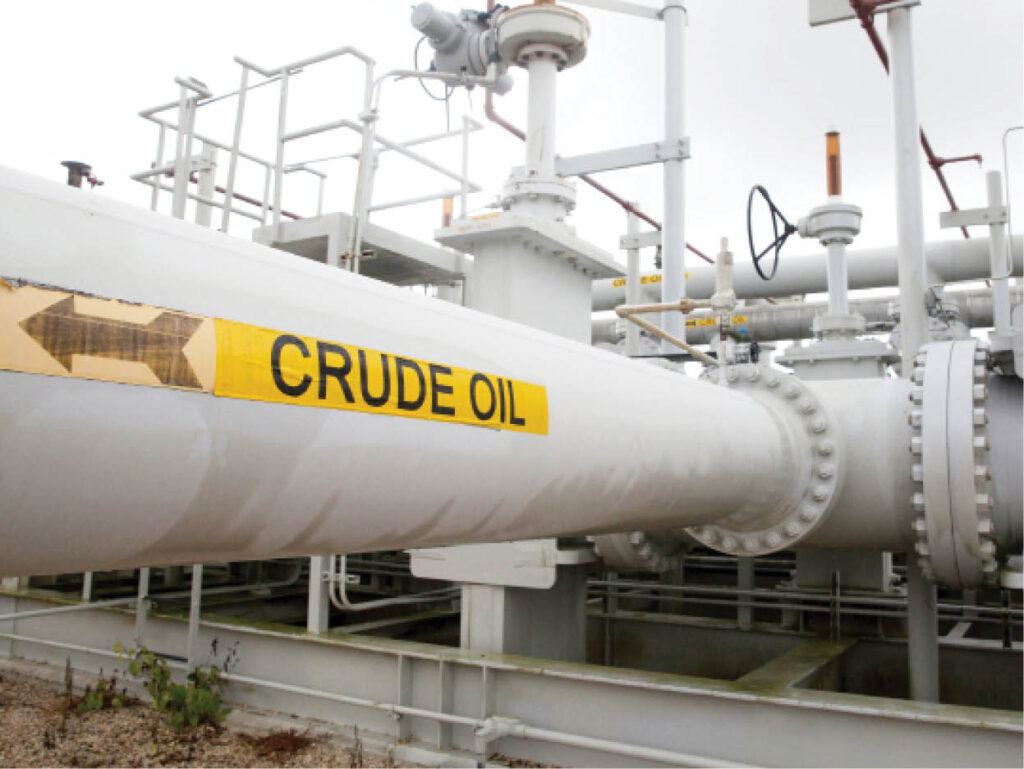
There is uncertainty over implementation of the 2025 budget as the global oil price has fallen massively below the projected benchmark of $75 per barrel.
President Bola Ahmed Tinubu had in February signed the 2025 budget of N54.9 trillion.
Tinubu benchmarked the 2025 budget at an average price of $75 per barrel, but the bench crude oil price came down to $64.99 per barrel as of yesterday.
Experts fear this may hamper the implementation of the fiscal document because the drop in the crude oil price would cause a decrease in the government’s foreign exchange earnings.
But the government says there is no cause for alarm as there are other sources of funding the budget.
When Tinubu first presented the N49.7 trillion budget in December 2024, some of the parameters included a 2.06m barrel per day of crude oil production at $75 per barrel.
“The budget projects inflation will decline from the current rate of 34.6 per cent to 15 per cent next year (2025), while the exchange rate will improve from approximately 1,700 Naira per US dollar to 1,500 Naira and a base crude oil production assumption of 2.06 million barrels per day (mbpd),” the president had stated.
An oil and gas analyst and economist, Marcel Okeke, in a chat with our correspondent, said that the declining oil prices posed a threat to the budget.
He said: “The very assumption on which it is based is now unrealistic,” he said.
“You know, about N20 trillion is expected to come from oil. So, now that from day one, the price at which oil is selling is below the projected price, that means the deficit will be rising. In other words, the government would be under pressure to keep borrowing money to fund the deficit.
“The persistent price drop is unpredictable as nobody knows when it will stop because we are in a new world economic order which is epitomised by Donald Trump.
“So, when he starts making America the new exporter of crude oil, you know what that would mean? And when we go into this trade war or tariff war in some parts of the world, you know what that would mean? And Nigeria is a largely import-dependent economy. Now, when we have a problem with foreign exchange inflow because of the drop in price of oil and we have been spending so much to now import those things we used to import, you can see how our economy would look like,” Okeke added.
A financial expert, Professor Mufutau Ijaiya, in a chat with our correspondent, said the fall in price of crude oil would affect the estimated revenue and budget performance, saying the government might not be able to implement the projects highlighted in the budget.
“Budget performance is a function of revenue. Therefore, the government should prioritise.
That is why we have always advised that we should not put our eggs in one basket. The government should diversify from oil. What this means is that there is going to be a reduction in government expenditure.
“We should prioritise on those things that are important. I know we also have reserves.
“The current budget is a deficit budget, they will have to borrow more money. Again, the government should reduce wastage, in terms of the cost of governance. They should also block leakages that are obvious that they know. By the time they are able to do that, they can cope with the situation,” he said.
No threat to budget – Official
An official in the Ministry of Budget and Economic Planning, who spoke to Daily Trust on the telephone, said there is no cause for alarm.
The official, who craved anonymity, said the drop in the crude oil price would not affect implementation of the budget as the government has other sources of funding the fiscal document.
He also said the government would make necessary adjustments.
“It (crude oil price) is not something that is stable. It goes up and comes down. If it is something that is permanent, it becomes a problem. The price has been around $ 67 per barrel for some time now. If there is a shortfall, that is why sometimes some aspects of the capital component of the budget are not funded.
“If the price rises above the benchmark, they move the money to what is called excess crude. If it goes below, they do some adjustments. So, it is not a threat. Don’t forget that the government has other sources of funding the budget apart from crude oil,” the official said.
DAILY TRUST.




